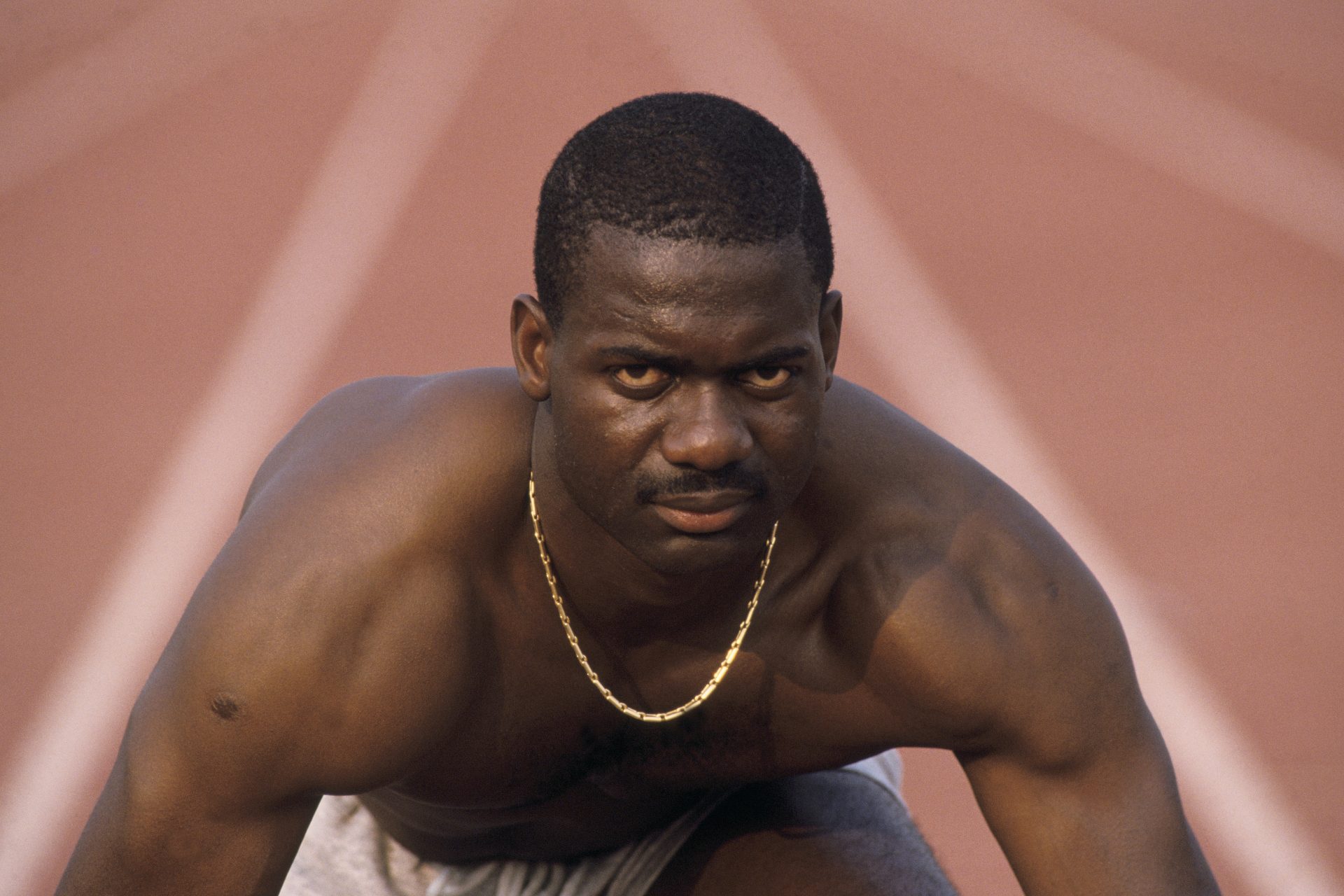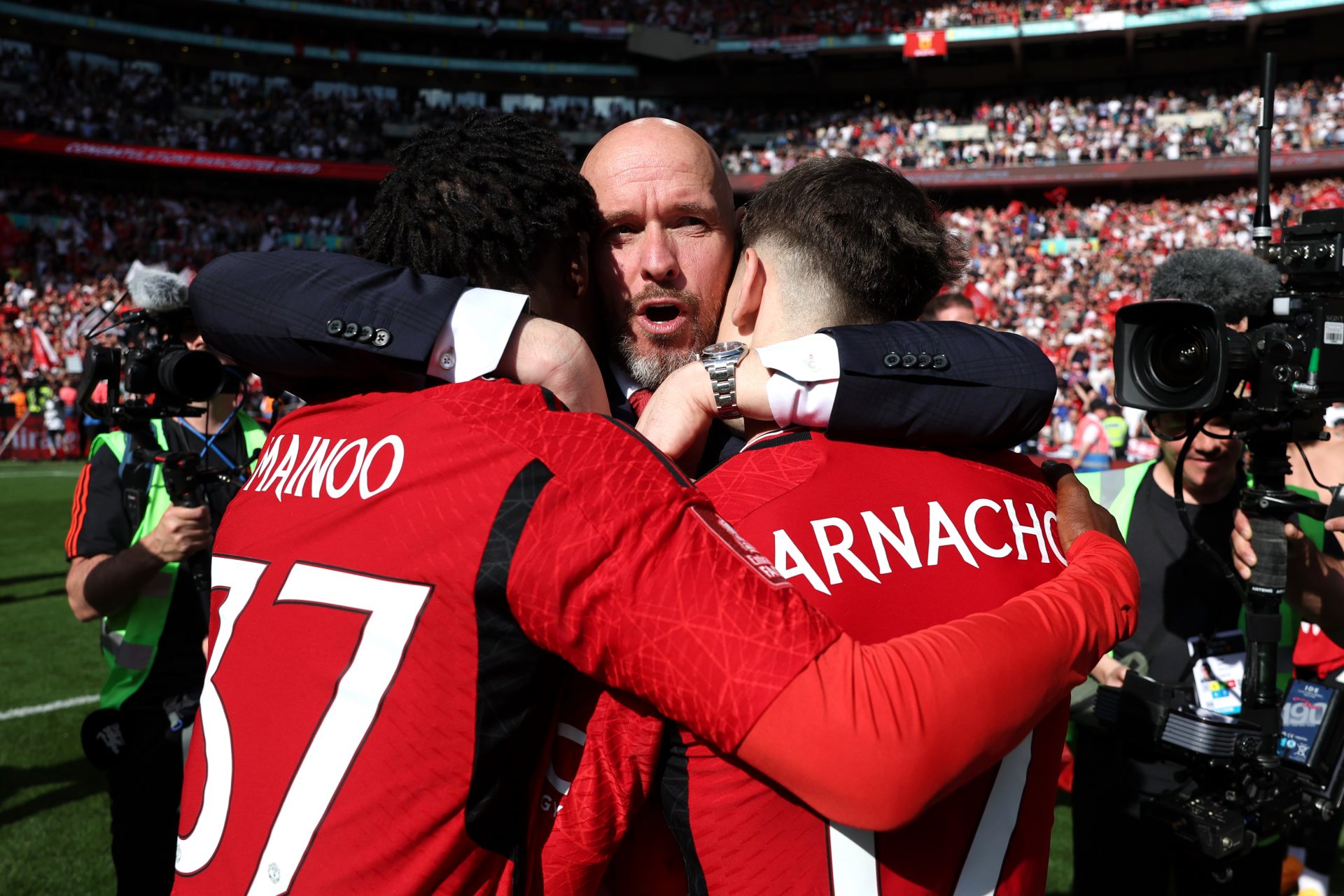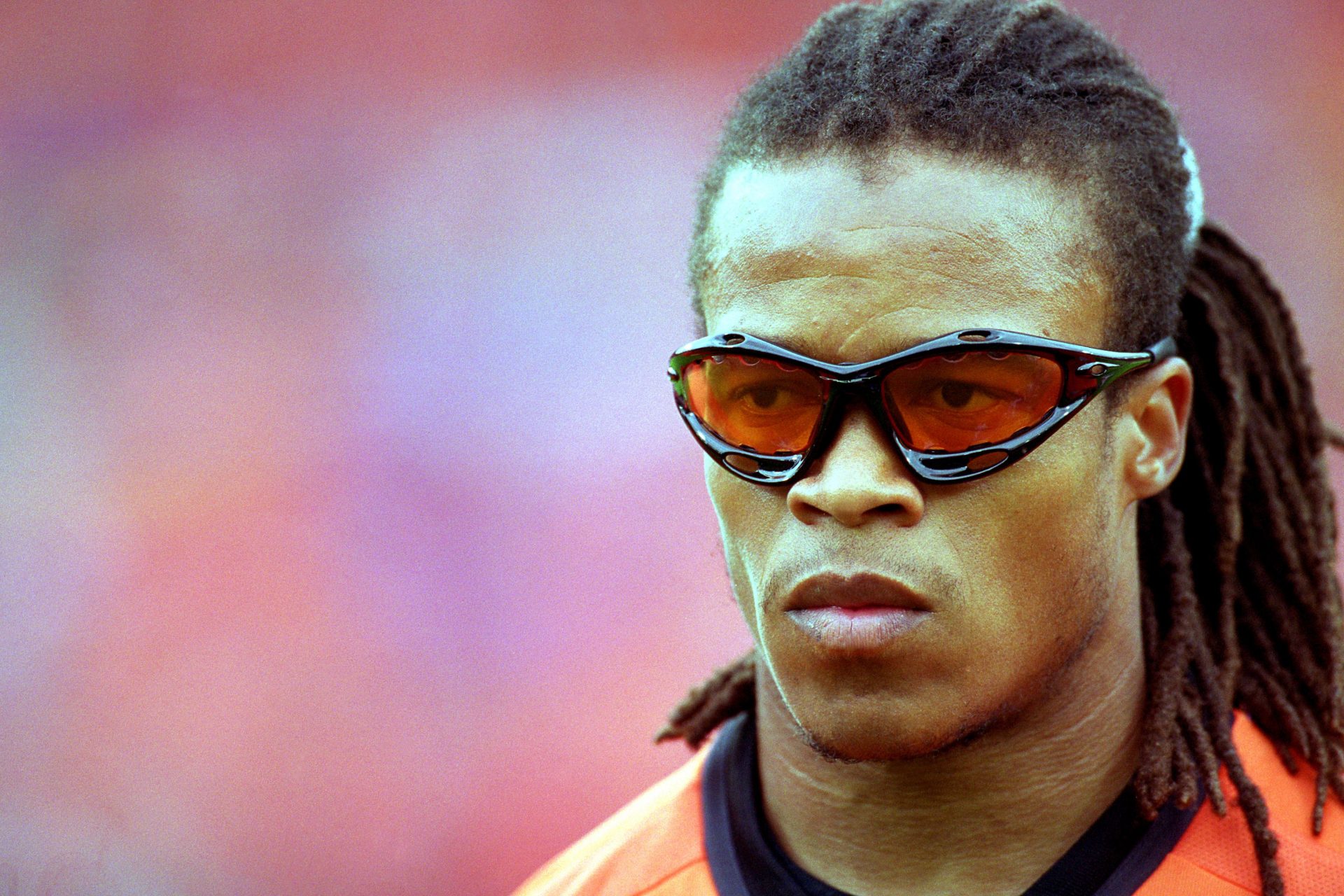Gold Medals and embarrassed Nazis, the story of Jesse Owens
Jesse Owens was just a boy from Alabama who blossomed into one of the greatest athletes of all time, embarrassing Adolf Hitler and the Nazi High Command along the way. But how exactly did he do it?
Born in 1913 in Oakville, Alabama, Owens was the son of Henry Cleveland Owens and Mary Emma Fitzgerald. Henry was a sharecropper, a form of neo-feudalism used in place of the now-outlawed slavery in the deep south.
Despite the outlawing of slavery in 1865, conditions for Black Americans in the deep south barely improved, with sharecropping and Jim Crow laws restricting many from prospering. As a result, nearly six million African Americans moved North in the hopes of finding better conditions. The Owens family was part of this move.
Want to see more like this? Follow us here for daily sports news, profiles and analysis!
Jesse Owens would attend high school in Cleveland where his name changed. He was actually born with the name J.C., but with his thick Southern drawl, his teacher at the time heard ‘Jesse’ which would stick with him for the rest of his life.
Put to work in his teens, Jesse found himself rushing between jobs and school, soon finding he had a love for the activity. This was noted by Charles Riley, Owens’ junior high track coach who would allow Owens to train early in the morning so he could attend his job at night.
Soon it was obvious to all that Jesse was talented, but few knew his name outside of his high school until the 1933 National High School Championship where Owens would break records in the 100-yard dash and comfortably win the long-jump competition.
Owens was courted by both OSU and Michigan to compete for their track and field teams. Ultimately he would decide to stay in state and become a Buckeye.
Owens’ record whilst competing at OSU is almost laughable, in 1935 and 1936, he would win four NCAA individual titles. An unprecedented level of success at that calibre of competition.
A year prior to his Olympic success, Owens would have already staked his claim as one of the best to ever compete in athletics. On the 25th of May 1935, Owens would break four World Records in one day at a meet in Michigan, setting new marks in the 100-yard dash, long jump, 220-yard sprint and 220-yard low hurdles.
By 1936 Germany had been run by Adolf Hitler’s Nazi party for three years, they saw the Olympics as a chance to show off the superiority of the German people. Calling themselves the ‘Aryan’ race, the Nazis believed they were genetically superior beings than other races and nationalities.
Want to see more like this? Follow us here for daily sports news, profiles and analysis!
Organised by Eric Diem, the Nazis were desperate to show themselves off the world, making a bigger spectacle of the event than previously seen and even introducing the torch marathon, carrying the Olympic torch from Greece, through Eastern Europe to Germany.
Off the back of his incredible form for OSU, Owens was selected for the USA National Team to compete in the 100m, 200m, 4 x 100m relay and long jump.
There was some sentiment amongst the American public to boycott the games given the extreme anti-semitism on display by the Nazis, but this was ultimately never more than a small minority. Owens himself released a statement favouring the boycott, but this was dismissed by the president of the American Olympic Committee, calling the protestors, "un-American agitators".
Walter Francis White, was the head of the NAACP (National Association for the Advancement of Coloured People) was wary of Owens representing American in Germany, even going so far as to write a letter explaining their behaviour and subjugation of the Jews was similar to how Black Americans were treated for centuries in his homeland. Ultimately, White chose not to send the letter.
The 3rd of August 1936 saw Jesse Owens, in a stadium filled with over 100,000 spectators and draped in the red and white swastika associated with Nazi Germany, win the 100m dash gold medal, beating his college teammate Ralph Metcalfe by just a tenth of a second.
Following his first gold, Owens would go on to win three more, in long jump, 200m sprint and 4 x 100m relay. Each time the world watched as an African American man defeated the Nazi athletes. Each time Hitler would sit and watch as his Aryans were defeated by an athlete he believed to be from an inferior race.
Whilst Hitler had dreamed of this being a showcase of Aryan superiority, he had never envisaged it going so horribly wrong. Petulantly, the dictator would only shake hands with German victors and would often leave the stadium if a German athlete was not on course to win.
Whilst Hitler never directly met Owens, according to the American athlete’s own words, “I was on my way to a broadcast and passed near his box. He waved at me and I waved back. I think it was bad taste to criticize the 'man of the hour' in another country.”
Despite Owens’ heroics, he was given the cold shoulder on his return to America. The country was still coming to terms with its history of slavery and racist attitudes were still pervasive. In fact, as Owens puts it, "Hitler didn't snub me – it was our president who snubbed me. The president didn't even send me a telegram."
Despite the racism of Nazi Germany, during the Olympics, Owens was allowed to stay at the same hotel as white athletes, yet upon his return to America, even after a ticker-tape parade thrown partly in his honour, Owens was forced to use a service elevator at his hotel as the rules stipulated segregation.
Owens returned to America after the 1936 Olympics and found, despite there being rumours of lucrative commercial deals, his options were limited. He struggled for work and for the rest of his life he mostly struggled, filing for bankruptcy in 1965. He passed away in 1980 aged 67.
Want to see more like this? Follow us here for daily sports news, profiles and analysis!
More for you
Top Stories



































